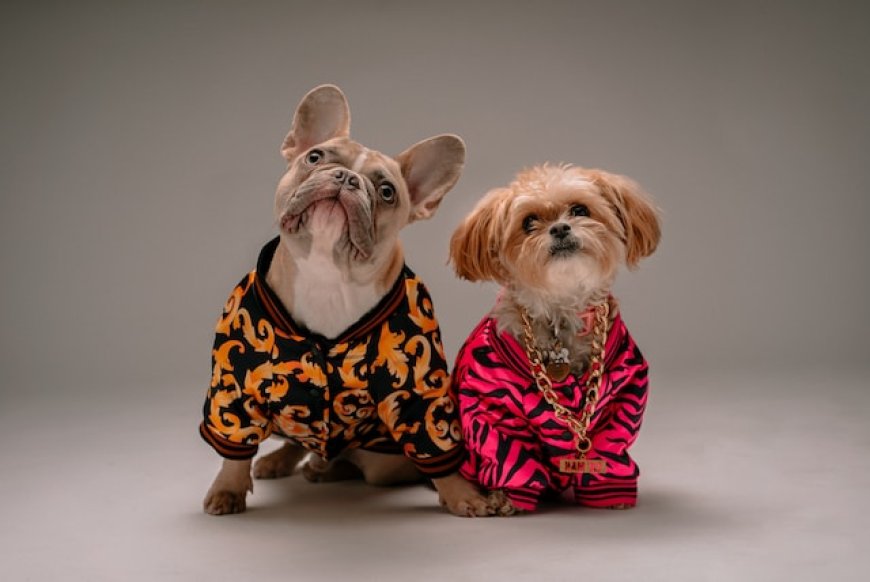Furry Friends or Foes? The Science Behind Why Some People Love Pets, and Others Don't
Pet Preferences: A Deep Dive into Human-Animal Bonds. Delve into the fascinating science behind why some people love having pets while others don't. Discover the influences of evolutionary biology, psychology, and personal lifestyle on our pet preferences.

Pets, for many, are synonymous with joy and companionship, while for others, they represent a nuisance or a burden. Have you ever wondered why some people are fervent pet lovers and others could not fathom sharing their space with a furry friend? The answer lies at the intersection of evolutionary biology, psychology, and lifestyle preferences.
From an evolutionary standpoint, humans have been intertwined with animals for thousands of years. Early humans domesticated animals for practical reasons such as hunting and protection. Over time, this relationship evolved into companionship. Research suggests that interacting with pets releases oxytocin, a hormone associated with bonding and stress relief. This "feel-good" factor could explain why many people enjoy having pets around.
However, it's crucial to note that not everyone experiences this effect. Like any relationship, the human-animal bond is influenced by individual differences. For example, personality traits play a significant role in pet preferences. People with high levels of empathy and nurturing tendencies are often more inclined towards pet ownership. On the other hand, individuals with a high need for control and order may view pets as disruptive.
Psychology also offers insight into why some people dislike pets. For instance, negative experiences or traumas associated with animals during childhood can lead to a lifelong aversion. Additionally, fear or phobias related to certain animals (known as zoophobia) can also contribute to an aversion to pets.
Furthermore, personal lifestyle preferences significantly influence our attitudes towards pets. People who value flexibility and freedom might find pet ownership restrictive, as it requires commitment and responsibility. Additionally, those who prioritize cleanliness may be put off by the mess pets can sometimes create.
Health factors, including allergies, can also dictate whether someone likes or dislikes pets. People who suffer from pet allergies often develop an aversion to animals due to the discomfort and health issues they experience in their presence.
Finally, cultural factors and societal norms can shape our attitudes towards pets. In some cultures, animals are revered and often kept as pets, while in others, they are viewed as unclean or are primarily seen in a utilitarian light.
Despite the many factors that can influence our preferences, it's important to remember that liking or disliking pets is a personal matter. There's no right or wrong, and it's perfectly okay to not want pets, just as it's okay to love them.
Understanding the science behind pet preferences can help us appreciate the diversity of human experiences and attitudes. It reminds us that our differences are what make us unique, whether we're pet lovers, pet-averse, or somewhere in between. Whether you have a house full of pets or prefer a pet-free environment, the key is to choose what best suits your lifestyle, health, and happiness.
Disclaimer: The image(s) featured in this article are for illustrative purposes only and may not directly depict the specific concepts, situations, or individuals discussed in the content. Their purpose is to enhance the reader's understanding and visual experience. Please do not interpret the images as literal representations of the topics addressed.
What's Your Reaction?













































































































